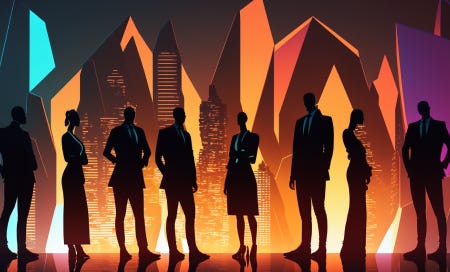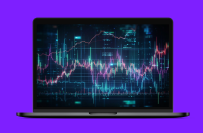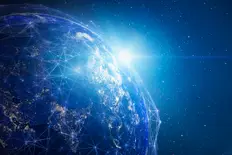Converse com a Ava - Sua Consultora AI de Negócios
Olá, eu sou a Ava, seu guia de IA para turbinar seus negócios!
Se você já está a frente de um negócio ou sonha em começar um, estou aqui para te ajudar a transformar suas ideias em realidade usando freelancers com a ajuda de tecnologia de IA. Compartilhe seus objetivos de negócio e, juntos, criaremos um projeto pelo qual nossos talentosos freelancers possam concorrer. Vamos transformar suas ideias em realidade!
Eu tenho um negócio
Estou começando um negócio
Algo deu errado ao enviar a conversa para o seu e-mail. Por favor, tente novamente mais tarde.
Você só pode salvar sua conversa uma vez por hora. Por favor, tente novamente mais tarde.
Sua conversa é muito curta. Continue conversando com a Ava para permitir o salvamento.
The Future of Work
Welcome to The Future of Work, where we explore how you can take advantage of rapid marketplace shifts to thrive in the 21st century.
18 de nov. de 2021 • 5 minuto lido
Atualizado em 10 de dez. de 2021 por Jayne L.

Não foi possível copiar para a área de transferência, por favor, tente novamente após ajustar suas permissões.
Copiado para a área de transferência.
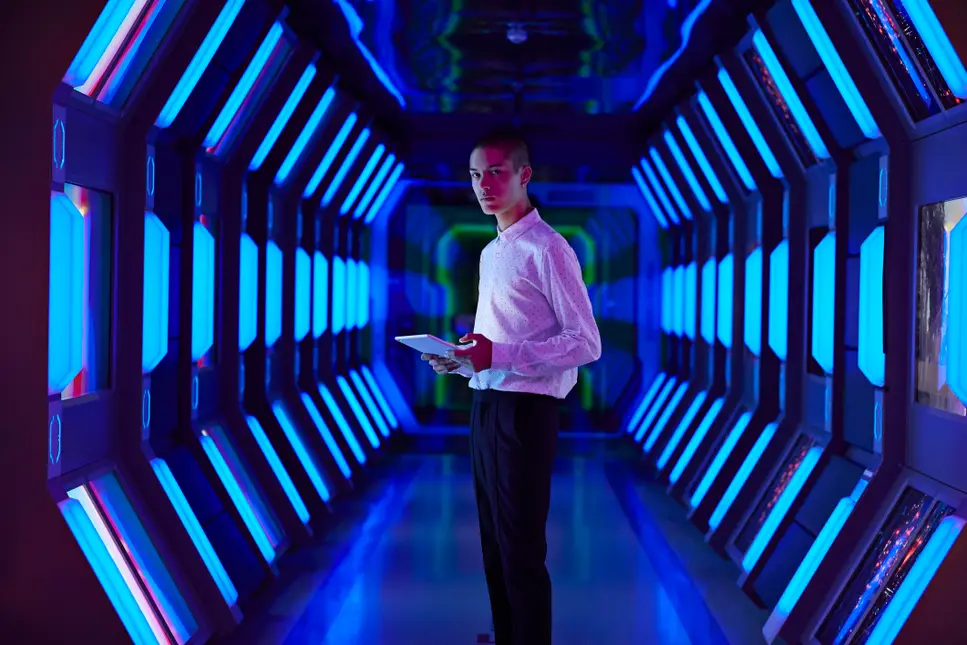
We are continuing to navigate our way through a period of unprecedented change. It is said that the world will transform more in the next 20 years than it has within the last 200 .
While it is undeniable that the effects of COVID-19 have completely altered the world we once knew, we should also not forget that adjustments to the world of employment were afoot before the pandemic; COVID simply served to fast-track these workplace evolutions.
What is the future of work?
When we think about the future of work it is not uncommon for most to focus on one overriding concern: Artificial Intelligence.
These are all understandable concerns, but the reality is that cognitive technologies are only one facet of the major shift that is underway.
In fact, there are multiple converging trends that are fundamentally changing the world of work, and these changes will have implications for individuals, businesses, and society alike, in the not-too-distant future.

New technologies are just one part of the five main trends redeveloping how the future of work will look; we also need to consider new behaviors and attitudes to the workplace, the impact of the millennial workforce, and a move towards a nomad working culture.
The forces of change that are driving this workplace evolution are impacting the three main W’s of any business:
The work
This can also be termed as ‘the what.’ What work can be automated? How will the job itself change in line with robotics, cognitive, and AI technologies?
The workforce
This is also known as ‘the where.’ With new talent platforms and a move towards gig culture, who will do the work? How can businesses leverage a continuous source of talent full-time?
The workplace
This can also be coined as ‘the where.’ With new combinations of collaborative, teaming, and digital reality technologies, how are workplaces reshaping the need for physical bricks-and-mortar offices and in-person presence?
What will the future of work look like?
Any monumental change breeds feelings of worry and uncertainty. It is not just the overt evolutions that we need to consider, but the impact on an emotional and psychological level that must be taken into account.
There are complex questions which we need to be concerned about, especially the ethical issues around human-machine collaboration.
But this is not the first time that the cultural idea of work has been completely overhauled:
The preindustrial workforce was synonymous with craftsmanship, whole product production, and the end-to-end responsibility of the craftsman.
The industrial revolution brought about the segmentation of repeatable tasks, specialization of roles, and fast, cheap manufacturing processes.
Now, as we are evolving into a cognitive revolution, the notion of work is being redefined. We are moving away from ‘doing’ and ‘task completion' towards problem-solving, managing human relationships, and facilitating human-machine collaborations.
For these changes to take hold as seamlessly as possible, we need to embrace the idea of change. We need to see technology as a means to augment the workforce, not replace them. In fact, The World Economic Forum anticipates that whilst one million jobs may be lost, another 1.75 million will be gained .
How can businesses evolve and prepare for the future of work?
The jobs of the future are invariably going to involve far more technological prowess. As machines take over repetitive, more mundane tasks, human skills such as problem-solving, communication, interpretation, design, and data assessment will be at a premium.
To make this possible, we need to change the way we conceive of ‘work.’ We must go back to basics, develop, and upskill the workforces to take on new roles and assignments, embrace alternative, diverse, and different skill sets and prepare for less ‘traditional’ methods of interaction.
Redefining the World of Work
Within this hub of innovative articles, we will explore the new-work era through the lens of fundamental but original issues. The articles will serve as a stepping-stone for employees, entrepreneurs, and seasoned business owners alike. You will find a wellspring of inspiration and guidance through the current economic and employment evolution.
As with every aspect of business, it is important to be innovative and think outside of the box. Doing so can give you an edge over the competition and set you apart from those dime-a-dozen, commonplace enterprises.
Within these inspiring articles, we will encourage you to look for the voids in this world, approach your business or role in innovative ways and harness your creativity to find variables. Once you eschew those boundaries you can open yourself up to new insights and possibilities.
Topics within this hub of inspiring thought-leadership articles include:
When it comes to the future of the workforce, nobody can predict with exact certainty how it will look, or foretell what new industries will emerge or what new skills will be in high demand.
What we do know is that the future of the workplace will be radically different from how it is today and that the pace of change will be more rapid than anyone expects.
Perhaps the re-landscaping of how we understand ‘work’ is well overdue, perhaps the COVID-19 pandemic forced our hands to re-evaluate, reassess, and reboot more quickly than intended.
The reset calls for all employers, employees, and entrepreneurs to embrace the future of work with a collective intent and action, and these articles will guide you through the process of building a happier, healthier, more resilient and equitable future.
Histórias Relacionadas
Fale com um de nossos Co-pilotos Técnicos para que ele possa te ajudar no seu projeto
Artigos Recomendados Somente para Você

Cryptoart and NFTs have been taking the digital world by storm. Here's your step-by-step guide on how to make an NFT and sell it.
9 min read
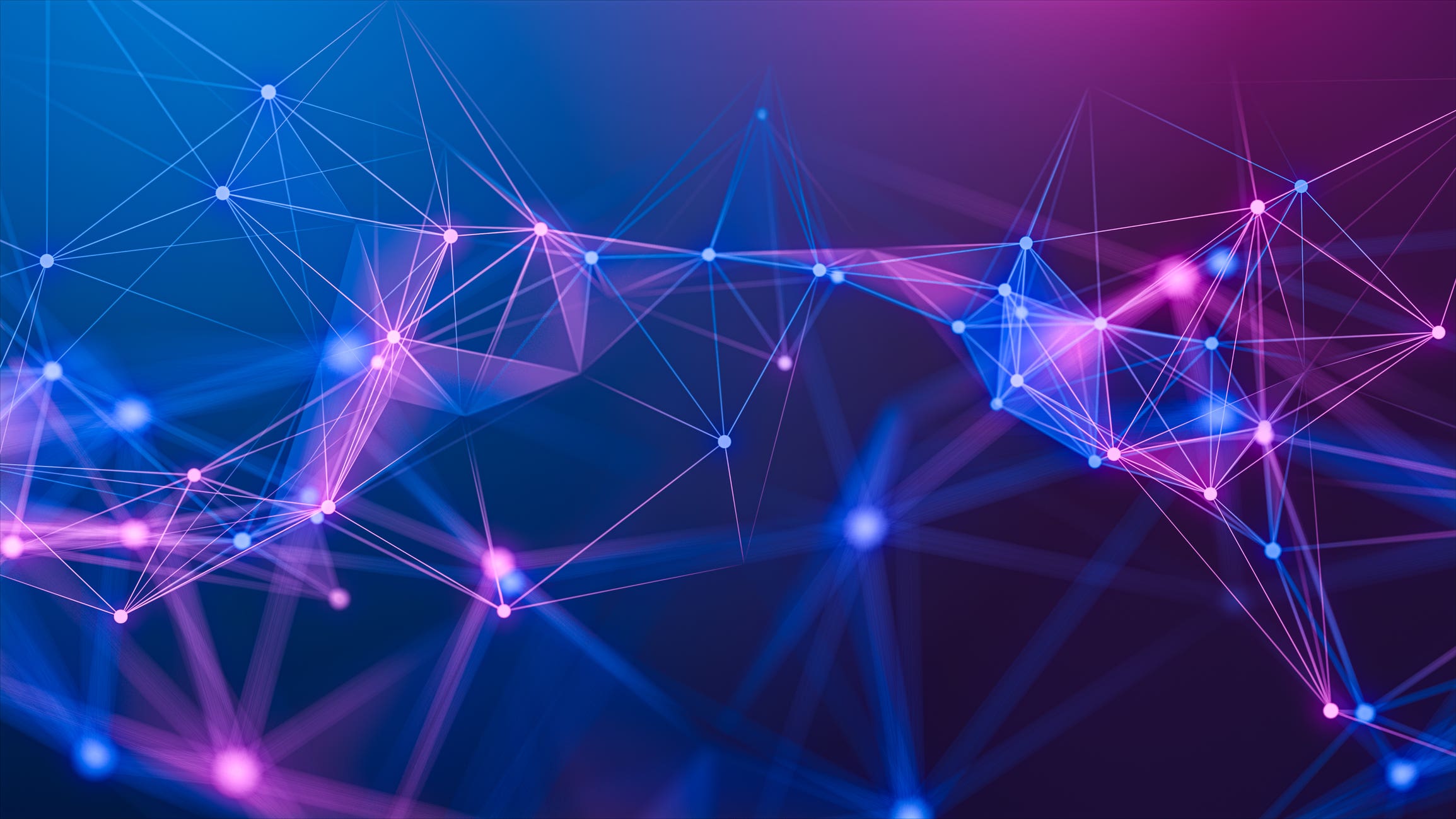
An explanation of blockchain and cryptocurrency along with an overview of its history, innovations and potential future.
9 min read

Amber Tuttle is an entrepreneur who likes to keep it in the family and is one of Freelancer.com's biggest fans.
5 min read
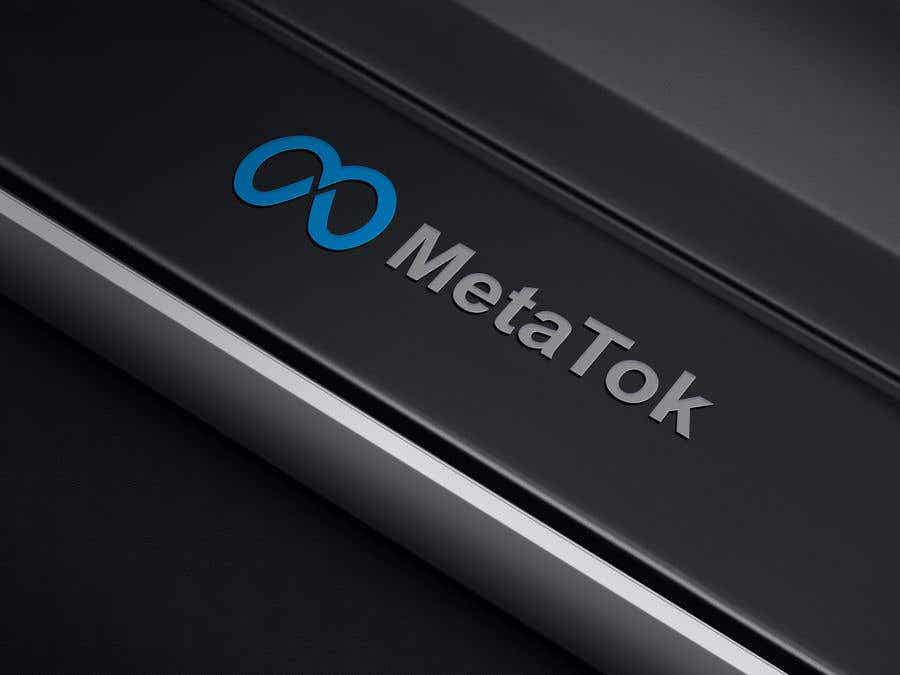
Just for fun, we ran a contest to do Facebook's rebranding for them. We think the results are every bit as good as the official rebrand.
5 min read
Obrigado! Te enviamos um link por e-mail para que você possa reivindicar seu crédito gratuito.
Algo deu errado ao enviar seu e-mail. Por favor, tente novamente.
Carregando pré-visualização
Permissão concedida para Geolocalização.
Sua sessão expirou e você foi desconectado. Por favor, faça login novamente.









